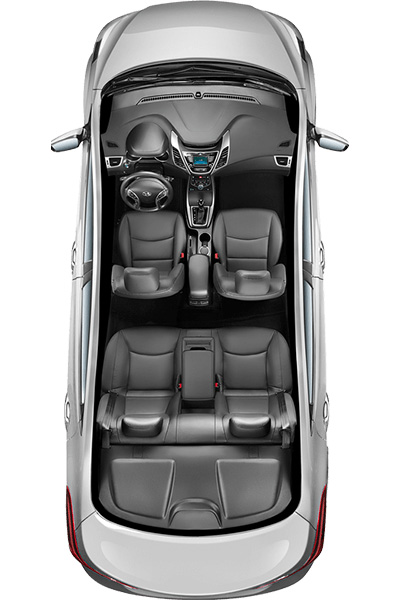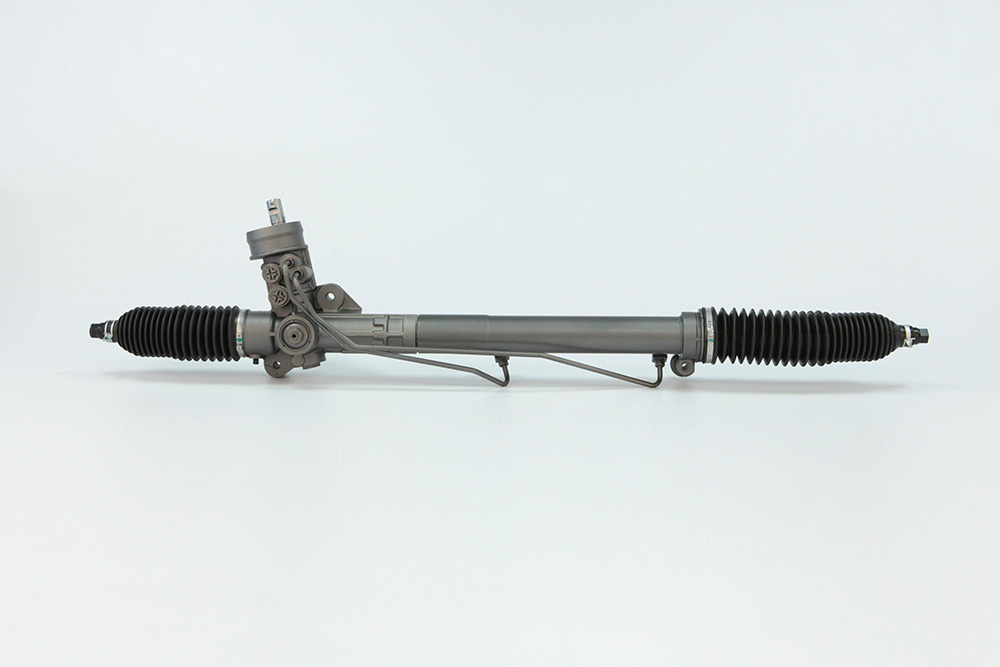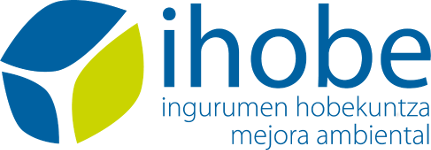RESDE
RE-MANUFACTURING OF ELECTRONIC STEERING SYSTEMS
Electronic vehicle steering systems have been on the market since around 2000. They started out using basic technology, with easy access to the re-manufacturing of these elements, which, over time, have undergone significant evolution with the introduction of new advanced communication protocols, which means that access to this technology now presents serious difficulties. The original manufacturers of these systems strive to make these elements tamper-proof so they are extremely difficult to access for repair or re-manufacture, in order to consolidate their position as the only aftermarket alternative. Currently, the market offers management machines through different suppliers that help to detect problems in which an element fails and has to be replaced by a new one.
WAT is specialised in the re-manufacturing of steering systems, and has led RESDE, in which it has worked with ELECTROCHIPS, a company specialising in the repair and operation of electronic components in vehicles.

DRIVING FACTOR


 OBJECTIVES
OBJECTIVES
- Re-manufacture defective electronic steering units and re-introduce them into the aftermarket as a guaranteed alternative replacement.
- Increase competitiveness by acquiring know-how and objective commercial capacity in the international market.
- Reduce pollutants in steering systems.
- Extend the service life of reusable elements by up to 10 years.
- Lower the price of the end product.
 RESULTS
RESULTS
- Extension of the catalogue with an average of four new references per month, increasing WAT's offer in the market.
- Savings in the emission of 89 tonnes of CO2 equivalent per year, and 31 tonnes of materials per year
- Increase in the company's overall turnover by more than 6%.
- Study of the frames to define the appropriate verification and control parameters for the correct diagnosis of each reference.
- Development of communication between the different test benches and the references developed.
- New verification systems adaptable to test benches to obtain a higher quality finished product.
- Investigation and detection of errors on steering systems, for pumps and for columns and racks, their causes and possible solutions.
- New, more reliable tooling and fittings that reduce re-manufacturing time for much of the catalogue.
 CONCLUSIONS
CONCLUSIONS
- The lessons learned in RESDE can be extrapolated to other product families, such as racks or pumps.
- The new WAT website will include the new references developed, and its tool already incorporates a data feed system for the TecDoc Catalogue (a worldwide search tool), which will include all these additions.
ENVIRONMENTAL
TECHNICAL
ECONOMIC
COMMERCIAL
ON THE MARKET




